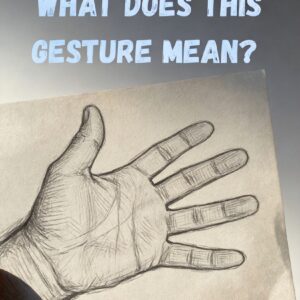New York chose change—and did it decisively. On November 4, 2025, Zohran Mamdani, a 34-year-old democratic socialist, was elected mayor, defeating Andrew Cuomo and Curtis Sliwa. With 50.4% of the vote, he became the city’s first Muslim, first South Asian, and youngest mayor in over a century. Before a roaring Brooklyn crowd, Mamdani quoted Eugene Debs: “I can see the dawn of a better day for humanity.”
He dedicated his win to ordinary New Yorkers, thanked his parents, wife Rama Sawaf Duwaji, and volunteers, and outlined a bold agenda—a rent freeze, free buses, universal child care, more teachers, and NYCHA renewal. He promised action on mental health and homelessness, and vowed to protect immigrant and marginalized communities.
He also confronted President Donald Trump, who’d called him a “communist.” Mamdani shot back: “Donald Trump, turn the volume up! New York will remain a city of immigrants—built, powered, and now led by immigrants.” Born in Uganda, raised in South Africa, and brought to New York at seven, Mamdani’s path from housing counselor to mayor was improbable.
His campaign thrived on youth energy, multilingual outreach, and viral explainers—like his “Halalflation” post about street vendors. Cuomo’s big-money attacks failed to stop him. For many voters, Mamdani’s win felt like a stand for working-class New Yorkers squeezed by rent and rising costs. Now, he faces the harder task: turning promise into progress—and proving that New York’s new dawn isn’t just symbolic, but real.


